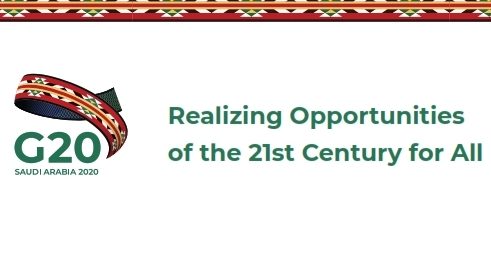COVID-19: Challenges Before the G20 Trade Ministers

Trade Ministers from G20 countries met on 30th March, days after the heads of states and governments of the major economies for an Extraordinary Summit meeting, to take a coordinated stand in response to the COVID-19 pandemic. In these extraordinary times, the Trade Ministers agreed that the “international community to step up cooperation and coordination to protect human life and lay the foundations for a strong economic recovery and a sustainable, balanced, and inclusive growth.”
In times when the global economic growth is adversely impacted on account of…




